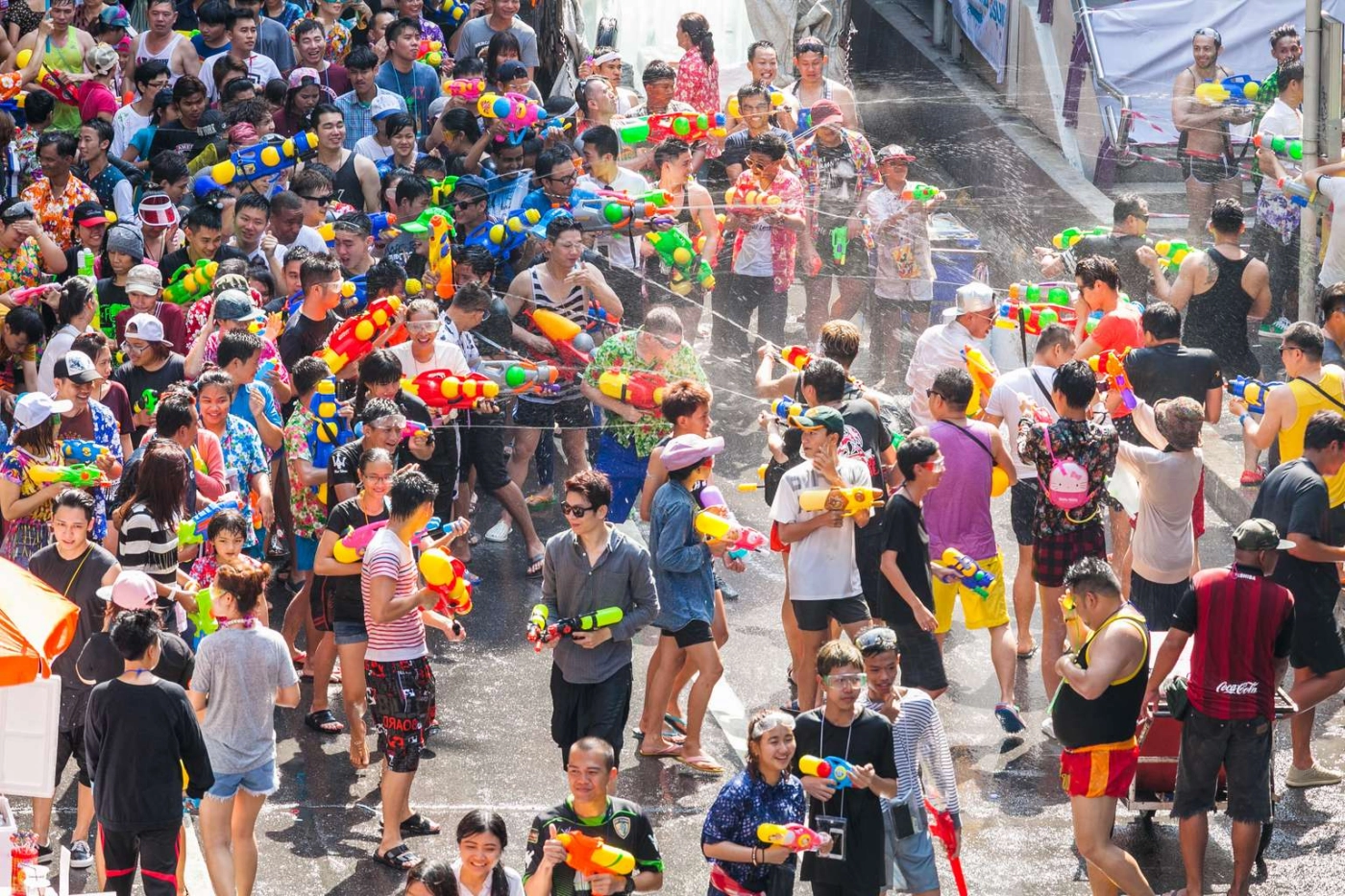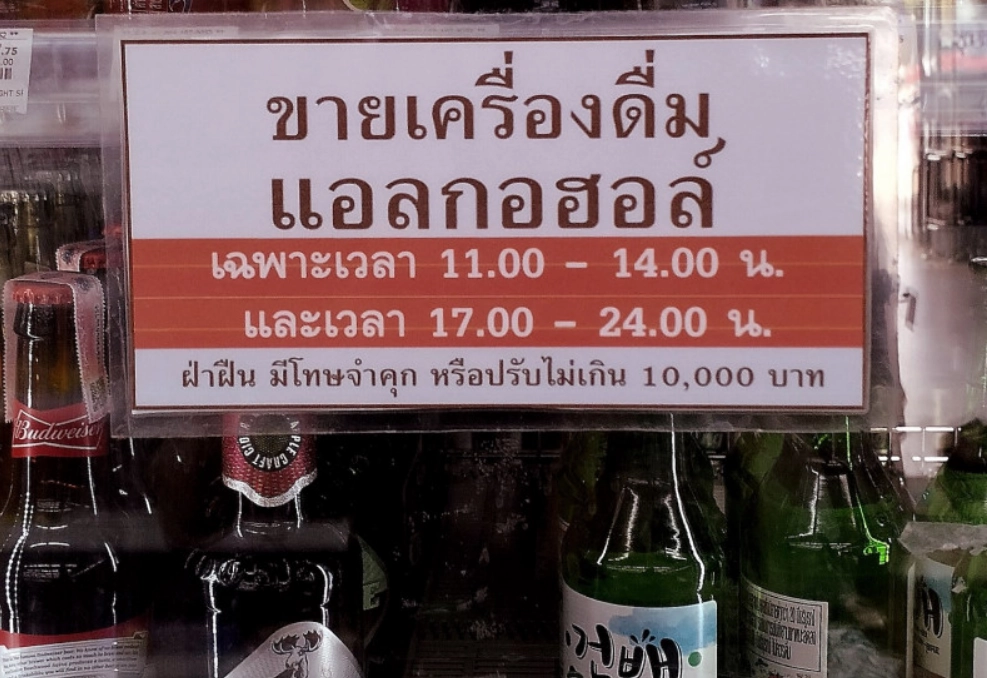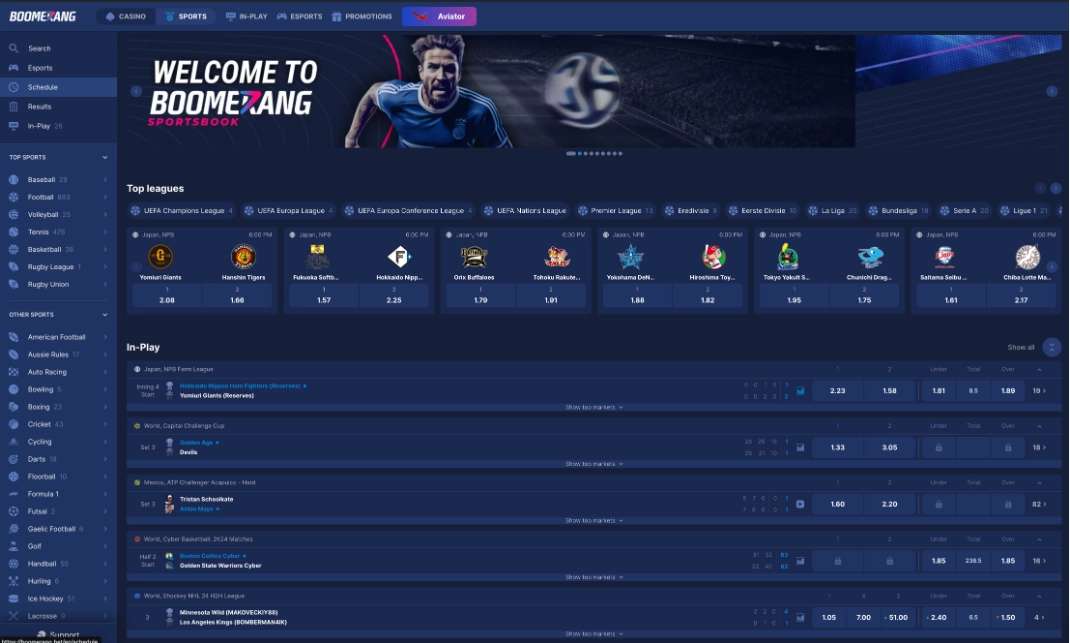Enhancing Road Safety During Songkran Festival: A Critical Effort to Save Lives
The Songkran festival, celebrated annually in Thailand, is a time of joy, tradition, and reunions. However, it also brings with it a significant increase in traffic-related accidents and fatalities. The Thai government, along with global health organizations such as Bloomberg Philanthropies, is calling for more concerted efforts to improve road safety during this period. With the festive atmosphere often leading to an uptick in drunk driving and reckless behavior, it’s imperative to launch comprehensive campaigns to protect lives and reduce the risk of accidents. This article delves into the ongoing efforts, challenges, and potential solutions to improve road safety during the Songkran festival.
The Urgent Need for Road Safety Measures During Songkran
The Songkran festival, which spans from April 13 to 15, sees millions of people traveling across Thailand to celebrate with family and friends. While it is a time of immense cultural significance, it also coincides with what is known as the “seven dangerous days.” These days are notorious for a spike in road traffic accidents due to a combination of factors: increased travel, drinking alcohol, speeding, and a lack of adherence to road safety rules.
During the 2022 Songkran festival, the government recorded 287 fatalities and over 2,000 injuries, primarily due to traffic accidents. These figures are a reminder of how dangerous the roads become during the festival. While Thailand has long been known for its festive and spirited celebrations, the cost in terms of human lives is alarming. Thus, road safety has become a critical issue that needs urgent attention.
Kelly Larson’s Call for More Effort in Road Safety Campaigns
Kelly Larson, the Injury Prevention Lead at Bloomberg Philanthropies, has been advocating for stronger road safety measures in Thailand. At the Partnership for Healthy Cities Summit held in Paris, she stressed the need for a renewed anti-drunk driving campaign and better road safety awareness. Larson emphasized that addressing these issues requires more than just passing laws; it requires a consistent and multi-faceted approach, combining advocacy, enforcement, and public awareness.
Larson’s efforts are not new; she has worked closely with Thailand on road safety campaigns since 2015. Her past work involved collaborations with the Thai government and the Royal Thai Police, developing campaigns that highlighted the risks of speeding and drinking and driving. During the Songkran festival, such initiatives are especially crucial, as people often neglect road safety while celebrating.
The Role of Media in Promoting Road Safety
One of the key aspects Larson highlights is the importance of media in amplifying road safety messages. The government may have strong policies in place, but without public engagement and consistent messaging, these policies may fall short. Media outlets have the power to influence public behavior, so their role in spreading awareness about road safety cannot be underestimated.
Effective road safety campaigns often require constant visibility. A consistent “drumbeat” of messages throughout the festival period is crucial. This includes television, radio, social media, and public service announcements that remind the public of the dangers of reckless driving and the importance of adhering to traffic laws. In this sense, the media can help ensure that road safety remains a focal point throughout the festivities.
The Importance of Data-Driven Road Safety Campaigns
Data is a powerful tool in any road safety campaign. Accurate data allows the government and law enforcement agencies to identify high-risk areas and times during the Songkran festival. By analyzing traffic accident statistics, authorities can deploy additional resources to areas with high accident rates, ensuring that preventative measures are targeted and effective.
Ariella Rojhani, the director of the Partnership for Healthy Cities at Vital Strategies, also emphasized the importance of data in shaping road safety interventions. Drawing from their work in Argentina during the New Year period, Rojhani pointed out that data helps determine the specific times and locations where accidents are most likely to occur. Armed with this information, law enforcement can implement more strategic interventions, such as increased patrols or sobriety checkpoints, to prevent accidents before they happen.

Collaborative Efforts for a Safer Songkran
As Larson and Rojhani note, road safety is a collaborative effort that involves multiple stakeholders. While enforcement by law enforcement agencies is crucial, it must be paired with education campaigns that teach the public about the risks of drunk driving, speeding, and driving without seat belts.
In the context of Songkran, this means that the government must work not only with the police but also with local businesses, community leaders, and organizations. Non-governmental organizations (NGOs) and private companies, including those in the beverage and transportation sectors, can also play a role in promoting road safety. Public-private partnerships can help extend the reach of safety campaigns and ensure that they are effective in curbing accidents.
Additionally, global health organizations such as Bloomberg Philanthropies and Vital Strategies can offer expertise and funding to support these efforts. By combining resources and knowledge from both local and international sources, Thailand can create a more robust and effective road safety strategy.
Effective Enforcement of Road Safety Laws
While road safety campaigns and media efforts are essential, the enforcement of traffic laws is just as critical. Police forces must be vigilant, especially during the Songkran festival when traffic volume spikes. Strict enforcement of laws related to alcohol consumption, speeding, seat belts, and helmet use can make a significant difference in reducing the number of accidents.
Thailand has previously made strides in improving law enforcement during peak holiday periods. However, as Larson and Rojhani stress, enforcement needs to be constant and comprehensive. Random sobriety checkpoints, increased fines for violations, and the use of technology, such as traffic cameras, can all contribute to deterring dangerous driving behaviors.
Addressing the Underlying Causes of Road Traffic Accidents
It is also important to address the underlying causes of road traffic accidents, particularly the culture of drinking and driving. Thailand has a longstanding issue with drunk driving, and the Songkran festival exacerbates this problem. Cultural norms surrounding alcohol consumption during the festival can lead to dangerous driving decisions, which often result in fatal accidents.
The government must address this issue head-on by not only enforcing laws but also promoting cultural shifts. Public education campaigns should highlight the risks of drunk driving and provide alternatives, such as designated drivers or ride-sharing options, to make it easier for revelers to get home safely.
The Seven Dangerous Days: A Focus on Prevention
During the “seven dangerous days” of Songkran, which typically spans from April 11 to April 17, the Thai government places extra focus on road safety. This period sees a large number of fatalities and injuries, and the government attempts to mitigate the damage with increased enforcement and awareness campaigns.
In the past, the “seven dangerous days” have been marked by tragic statistics, including hundreds of deaths and thousands of injuries. For instance, in 2022, 287 fatalities were reported, and over 2,000 people were injured in traffic accidents. The government needs to continue focusing on improving road safety during this high-risk period, ensuring that more lives are saved and fewer people are harmed.
Conclusion: A Joint Effort for Safer Roads
The road to a safer Songkran festival lies in a multi-faceted approach that involves government leadership, law enforcement, media outreach, public education, and data-driven decision-making. While the Thai government has already made some strides in promoting road safety, continued effort and collaboration are needed to reduce fatalities and injuries during the festival.
As Kelly Larson and Ariella Rojhani suggest, road safety is not a one-time event but an ongoing commitment. The key to success lies in continuous advocacy, effective enforcement, and the engagement of all sectors of society to create a culture of safe driving. With these efforts, Thailand can look forward to a Songkran festival where celebration and safety go hand in hand, ensuring that the roads are safer for everyone.
As Songkran approaches, let us remember the importance of responsible driving and the role we all play in making the roads safer for everyone.
See other articles:
ฟุตบอลฟาวล์: ความเข้าใจในกฎเกณฑ์และผลกระทบในการแข่งขัน














